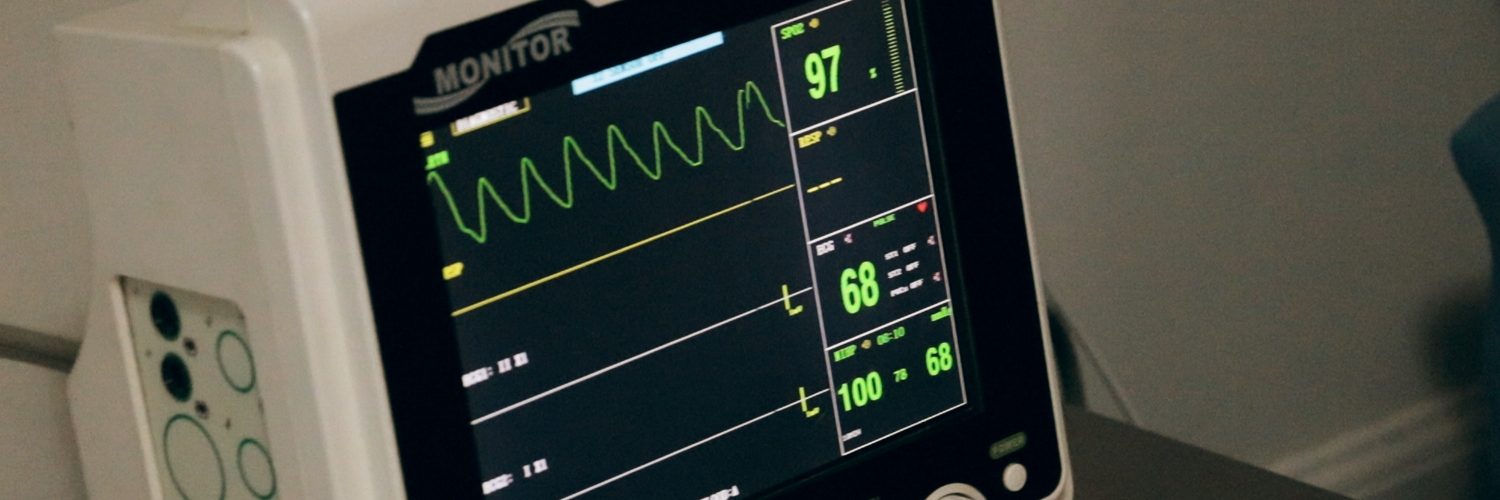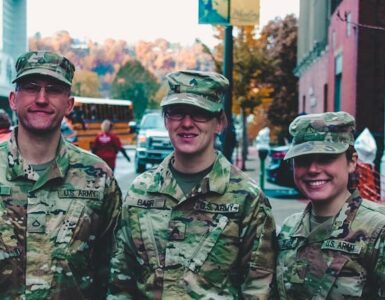Arizona’s three public universities have received a $2.5 million federal grant to put towards a program that will help improve health care access in rural and underserved communities.
The Arizona Area Health Education Center Scholars Program (AzAHEC) is a two-year interprofessional program that includes community-based training in rural and underserved communities.
“This provides them that real life experience that helps them to determine if they would like to continue serving in that capacity and then adding the inter-professional piece of it helps students to understand their unique role as Doctor of Nursing practice students within the larger healthcare team,” according to Diane Nuñez clinical associate professor in Arizona State’s College of Nursing and Health Innovation.
“Over the course of the year they will learn to work together as a team. They’ll learn to work with communities. They will gain a better understanding of the challenges of the rural communities and our urban underserved populations,” Sally Reel, PhD, RN, FNP, BC, FAAN, FAANP, Associate Vice President for Health Sciences Interprofessional Education, Collaboration and Community Engagement said. “They’ll get an opportunity to be exposed to the social determinants of health, the kinds of challenges that are experienced by rural and underserved populations.”
AzAHEC will provide participants with hands-on, community-based immersion training opportunities. One of the biggest hopes of the program is that these students will decide to work in similar communities once they finish school.
According to Dr. Reel the program directors are “really hoping that this immersion leads to, at the end of the day, when we look at where they will be downstream, will they be practicing or choosing those kinds of environments to practice in? Because that’s the whole point of workforce development: to strengthen that workforce in those communities.”
“We want to broaden our students’ perspectives of what it’s like to live in a rural community and how you can capitalize on the strengths and the resilience in those communities and have a very fruitful and rewarding practice,” Nuñez said. “We’re trying to change those stereotypes more than anything else.”
According to the Rural Health Information Hub, rural communities face a variety of barriers when it comes to accessing healthcare services. It’s important to make future medical professionals aware of these gaps.
Nuñez believes this program is the best opportunity for students to learn about rural or underserved communities from a broader perspective, and even if students do not take jobs in these communities, they will have a better understanding of others in the future.
“Even if they choose not to go work in one of the areas where the practiced, they’re going to see every patient encounter through a different lens. They’re going to be able to understand when clients come to see them and have economic challenges or language barriers or other types of educational diversity that often times impacts our ability to deliver good healthcare or for the participants to receive good health care,” Nuñez said.
To learn more about AzAHEC click here and to learn more about the AHEC Scholars Program click here.
















Add comment